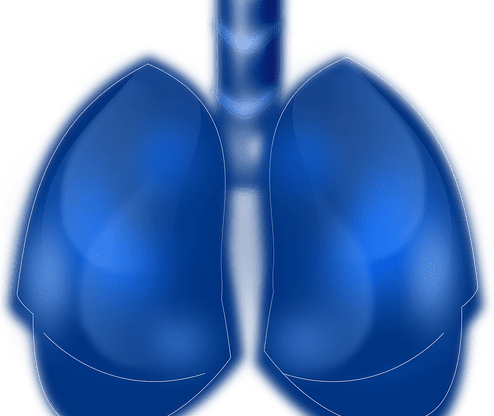According to an article in the Asco Post, the FDA granted accelerated approval to Merck’s KEYTRUDA®, pembrolizumab, for the treatment of metastatic small cell lung cancer (SCLC).
The drug targets patients who are experiencing disease progression after receiving platinum-based chemotherapy plus one or more other lines of therapy.
About Small Cell Lung Cancer
SCLC is fast-growing and advances faster than non-small cell lung cancer.
Under normal conditions, the immune system is able to fight off foreign substances such a bacteria and viruses but it does not affect normal, healthy cells.
Some healthy cells contain a protein called PD-L1. It acts as a “brake” that keeps the immune system in check.
This protective scenario is disrupted, however, when certain types of cancer cells with an abundance of PD-L1 bind to another protein (PD-1). The cancer cells create a “disguise” and escape being detected as harmful, foreign substances.
About Immune Checkpoint Inhibitors
Immune checkpoint inhibitors have been developed to bind to PD-L1 and prevent it from attaching to PD-1. The “brakes” that have been holding back the immune system are then released. The body’s T cells are now free to attack the cancer cells.
Inhibiting PD-1 activity has been shown to decrease tumor growth in mouse models.
FDA Approval
The FDA approval was based on two multicenter clinical trials KEYNOTE 158 (NCT02628067) and KEYNOTE-028 (NCT02054806).
Cohorts of eighty-three patients received pembrolizumab by intravenous infusion at 200 mg at three week intervals (64 patients) or 10 mg/kg every two weeks (19 patients).
Treatment continued for twenty-four months until patients experienced unacceptable toxicity or disease progression.
Trial Results
The response rate for the trials overall was nineteen percent with a two percent complete response. Researchers followed sixteen responders and found fifty-six percent had survived at eighteen months.
Adverse Events
Common side effects include some but not all: itching (pruritus), musculoskeletal pain, fatigue, rash, fever (pyrexia), diarrhea, cough, difficulty breathing (dyspnea), abdominal pain, and constipation.
According to the product label, pembrolizumab treatments should be interrupted or administered at a slower rate in order to manage grade one or two reactions related to the infusions. Otherwise, they should be discontinued in the event of grade three or four reactions. Dose reductions are not recommended.
Safety Evaluation
A total of 131 SCLC patients who had previously been treated with pembrolizumab in both KEYNOTE-028 and KEYNOTE-158 were evaluated for safety (n =24 and n=107).
Results were similar to the side effects occurring in subjects with other types of solid tumors who had received pembrolizumab.
Dose interruption was necessary in twenty-five percent of patients with nine percent requiring treatment discontinuation. Thirty-one percent of patients experienced the most serious adverse reactions which were the buildup of fluids around the lungs (pleural effusion) and pneumonia.
Pembrolizumab and Chemotherapy
A newer study, KEYNOTE-604 trial (NCT03066778), involved Patients with extensive-stage small cell lung cancer (ES-SCLC). In this study, pembrolizumab was combined with chemotherapy. The combination improved progression-free survival when compared to chemotherapy alone. Yet it did not improve overall survival.
Studies of pembrolizumab are ongoing.





